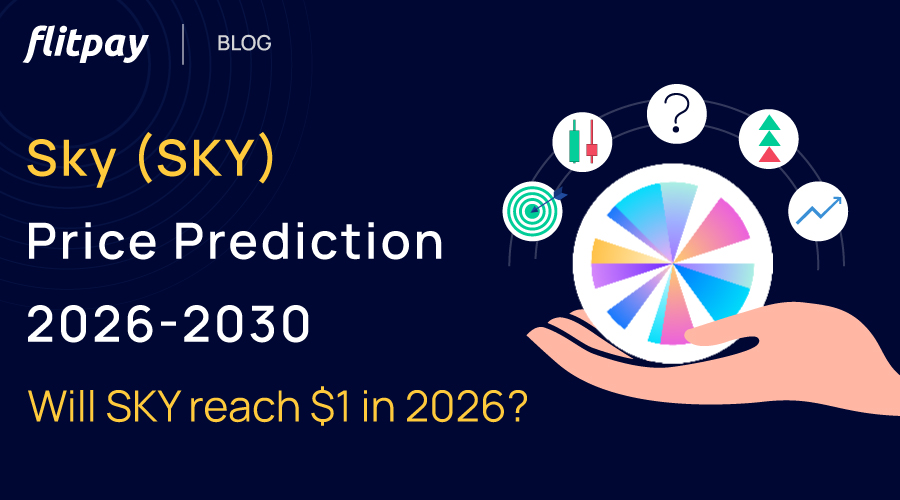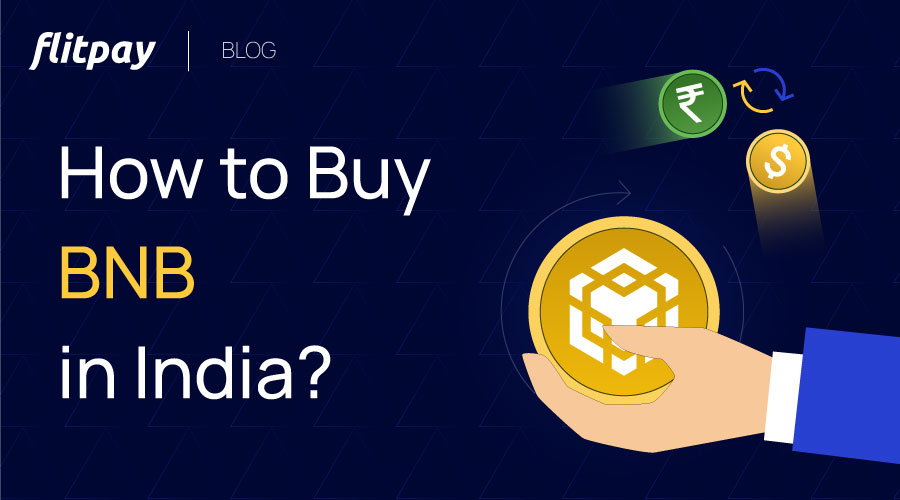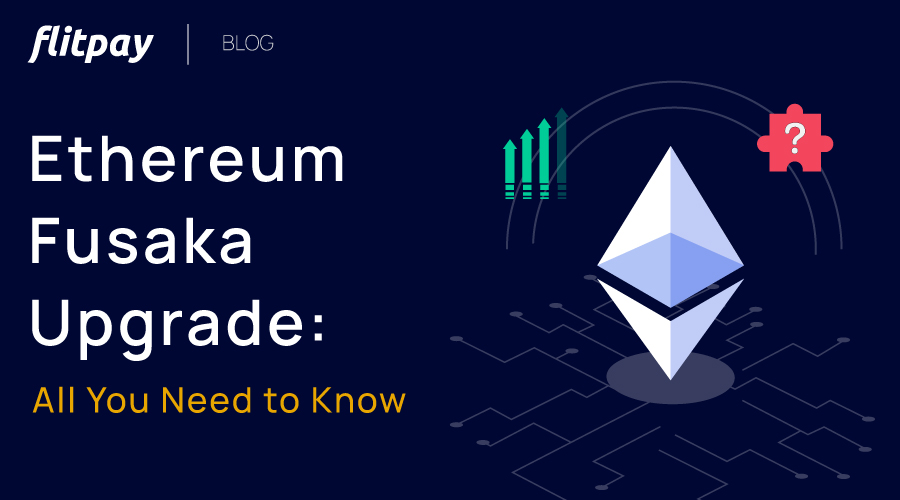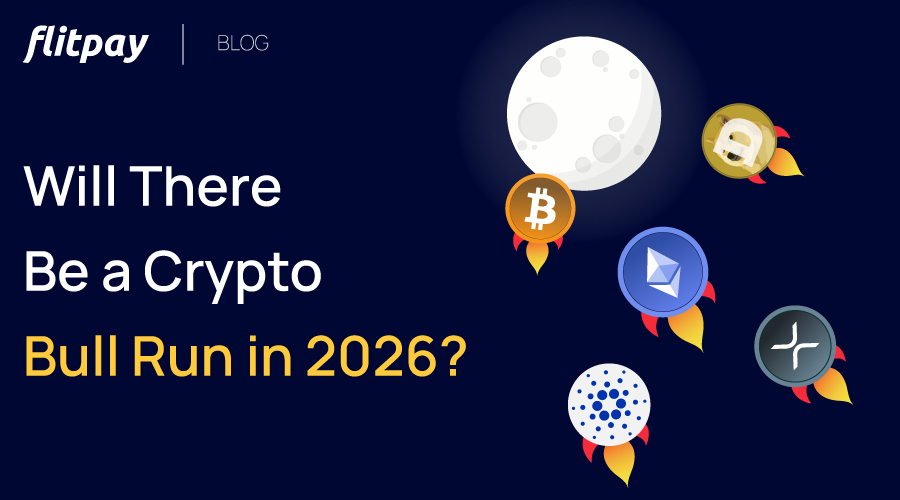The Crypto world is full of many technical terms and entities that look puzzling in the beginning. But once you start understanding these terms, you realize that there is no rocket science in them.
One such catchy little term is DeFi which means Decentralized Finance.
As the name suggests, it is a financial system built through a decentralized network of computers instead of a single server. DeFi is an alternative to CeFi which stands for Centralized Finance. The most basic example of CeFi is banks.
To understand the concept of DeFi, we need to start with the Banking institutions. All the existing banking institutions have their controlling rights to a central authority. When you deposit your money in banks, you deposit it with trust in their policies and management. But there are some risks associated with them like corruption, fraud, and mismanagement. All these risks exist due to the centralized structure of these institutions. This structure gives a monopoly to a single authority to control your personal information and use it for their own benefit.
Now, imagine if this whole system gets decentralized which means no controlling of services by a single authority. Imagine a system that does not require you to include banks in transferring money to someone. Imagine if, in place of depositing money in a financial institution on trust, you can read the codes on which the financial institution will work eternally and then decide to trust it or not.
All this is what makes the base of a Decentralized Finance.
Still, confused? No problem.
Just stick with us, and the below sections will answer all your queries.
What is Decentralized finance (DeFi)?
A DeFi (Decentralized finance) is a financial product that allows you to do things like earning interest, borrowing, lending, buying insurance, trading derivatives and assets, and much more. It works on smart contracts that involve transaction protocols on how all the functions of decentralized finance will work. Whenever predetermined conditions coded in these smart contracts meet the user requirements, the smart contracts allow a service or transaction to initiate. Learn more about How DeFi Works?
It aims to cut out the role of middlemen so that financial transactions from sender to receiver can complete without any intermediary involvement from banking institutions. It is because all the activities on DeFi happen automatically through computer codes without any need for a bank or its middleman.
This approach removes the need to pay fees for financial services. It is because decentralized finance is available worldwide and is open to all where the user holds money in a secure digital wallet. It gives the users strong ownership of their digital assets.
Let's take the help of an example to understand it.
Say you want to send an amount to your friend. For this you will have to deposit the money to your bank account and then your bank account will send this money to your friend's bank account. Then your friend can withdraw it from his bank to use it.
The path followed by the money in centralized finance is :
You > your Bank > your friend’s bank > Your friend
Now, this path for decentralized finance is:
Your DeFi wallet > Your friend’s DeFi wallet
How was DeFi (Decentralized finance) created?
The term DeFi was coined in August 2018 through a Telegram chat of ETH developers. It was the result of a discussion of the name required to define the movement of open financial applications built on Ethereum. Out of many options like Open Horizon, Open Financial Protocols, Lattice Network, etc; “DeFi” was decided as the name, and it came out as DEFY.
But some theories also suggest that DeFi was born with Bitcoin in 2009. It wasn’t before 2017 when MarkerDAO launched, and more potential in the user money got explored. MarkerDAO was an Ethereum-based protocol that allowed anyone to swap their Ethers for the Dai stable coins. Since Ethereum works on an open-source decentralized blockchain, these features were used to establish an open, permissionless financial system. It was a milestone in the development of DeFi.
What makes a Decentralized Finance (DeFi)?
A Decentralized Finance has three components:
Decentralized Infrastructure: An infrastructure enables to program and run the decentralized services on DeFi. Mostly, it is created on Ethereum Blockchain which helps to write decentralized programs on which whole Decentralized finance will work. A created smart contract will govern all the financial activities of a DeFi.
Currency: No financial institution can run with the money, and the same rule applies to Decentralized finance platforms. But due to limited programmable functionality and incompatibility with the Ethereum blockchain, we can not use it for this purpose. We can not use Ether also because of its highly volatile nature. This is where stable coins come into the picture. To keep the dependency of DeFi minimum on fiat currencies, DeFi uses DAI stable coins backed by crypto collaterals instead of traditional assets.
Services: A DeFi also develops services like connecting lenders to borrowers, automated loan management, and borrowing against a collateral cryptocurrency.
What are the benefits of Decentralized finances (DeFi)?
The introduction of DeFi has changed the complete perspective on existing financial institutions. The threat to privacy and monetary losses that users face due to centralized finances and their time taking banking activities are the key concerns that necessitated the development of a decentralized finance platform.
Here are the key benefits of a Decentralized Finance (DeFi):
The most alluring advantage of DeFi is the elimination of the dependability of the user on banking institutions for various monetary functions. The direct peer-to-peer transaction on Decentralized finance platforms removed the need to depend on the mediators like banks for completing the transactions.
When it comes to decentralization, transparency has always been an integral part. The same applies to decentralized finance where distributed ledger contains all the information and is shared publicly. It can improve the due diligence and even help the users identify and analyze the upcoming potential financial scams.
Another game-changing advantage of DeFi is its immutable data. Since Ethereum stores data in its blockchains through cryptography, it nullifies the chances to make alterations in the verified data. This level of security is absent in the traditional banking systems that are already infamous for various million-dollar scams. DeFi has emerged as a real challenge for the bad actors who earn from manipulating the data in traditional finances.
It is a general experience for many bank users to face unwanted difficulties due to human error and mismanagement of these entities. But the introduction of protocol and smart contracts for performing these tasks have removed this flaw.
Time is the biggest asset that decentralized finance brings. Unlike the time taking documentation for approval of loans, Decentralized finance platforms allow you to get a loan in just a few clicks.
There is no delay in the update process of DeFi. Every update and transaction detail gets updated multiple times in a minute.
What risks are involved with Decentralized Finance?
Like any newly introduced technology, DeFi lacks the test of time yet. To replace the existing financial system, it needs to pass all the tests associated with this field. A few points can count as the downside of the Decentralized finance platforms. Some of them are:
Hackers are a serious threat to the success of decentralized finance. While it is almost impossible to hack a blockchain network, there are still a few incidents of fraud in cryptocurrency due to cyber attacks.
The fluctuating trading fees on Ethereum, where almost 90% of DeFi transactions take place, can be a negative attribute to the uncertain expense factor of decentralized exchange platforms.
Unlike banks and other financial institutions where you can recover your lost passwords with some applications and verifications, this is not the same with decentralized finances with no governing body because you can lose the assets permanently.
Just like a coin has two sides, DeFi also seems to have two aspects. But one thing that is for sure is that decentralization is the disruptor that will change the future of the banking industry in the upcoming time.





